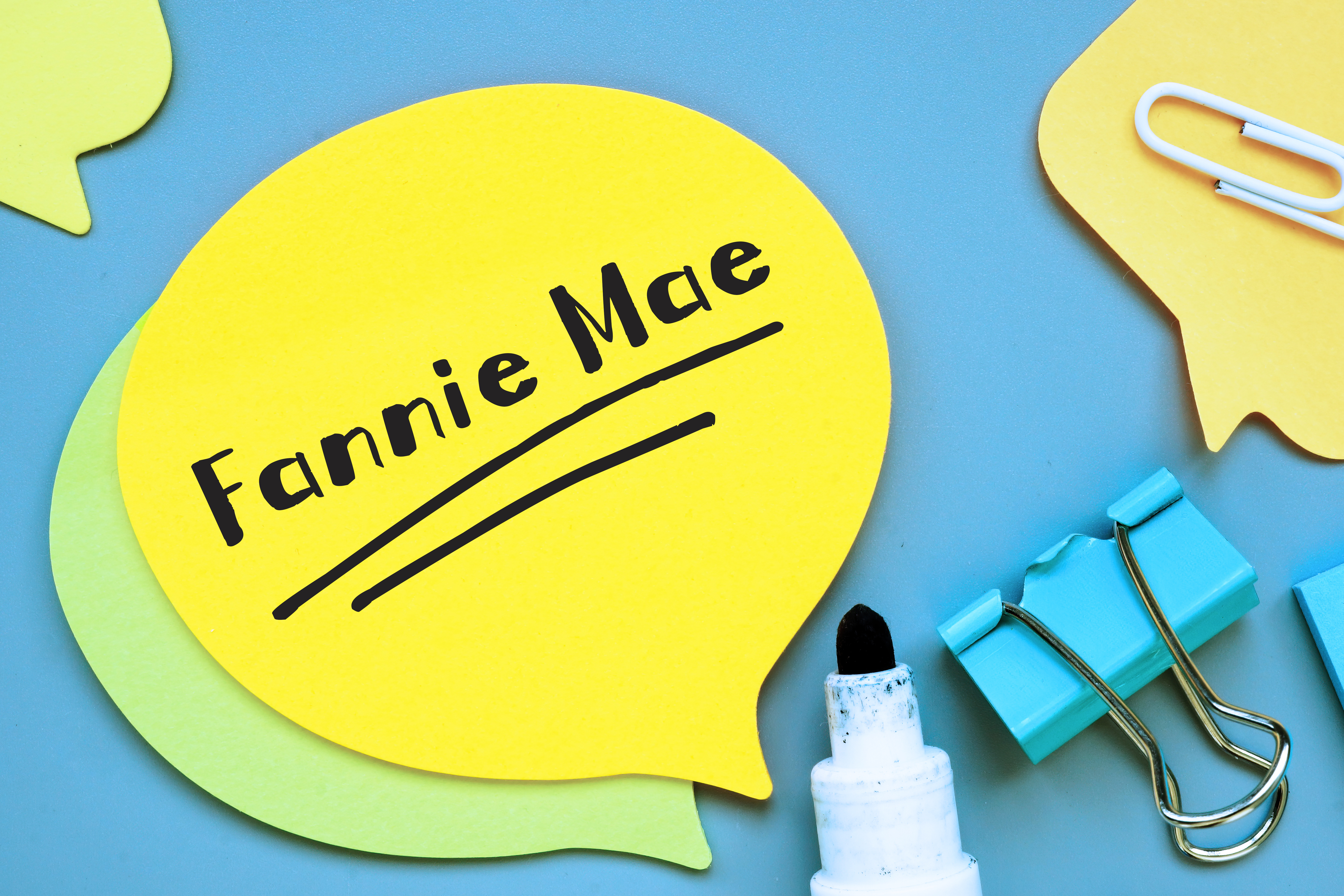Fannie Mae, Freddie Mac, and Ginnie Mae may sound like characters in a children's book. Yet, they are vital organizations helping millions of Americans achieve the dream of homeownership.
This article will explore who these organizations are, what they do, and why they are essential.
Homeownership Matters
Homeownership is a critical aspect of the American Dream, important for individuals, the government, and the economy. Why?
Better Communities - It creates strong, stable communities as homeowners invest in their neighborhoods and care for their properties.
Financial Stability - Owning a home provides stability and security, allowing for the building of equity as a source of wealth and financial security as housing costs increase, providing certainty in an uncertain world.
Stimulates the Economy - Homeownership promotes economic growth, creating demand for goods and services while creating jobs.
Consequently, providing access to homeownership opportunities is a primary goal for our government, economy, and communities.

Over Time, The Demand For Mortgages Has Grown
In the early 1900s, fewer families owned their homes, and many did not require a mortgage to purchase. Over time, homeownership rates have steadily increased to about 65% today (35% rent).
Additionally, it is estimated that approximately 62% of those families require a mortgage to purchase.
With a population closing in on 340 million, the amount of liquidity (money) to meet these demands requires trillions of dollars.
Bank Liquidity Isn't Enough To Meet These Demands
Banks (your bank) are vital financial institutions that provide funds for home purchases, among other purposes.
However, banks operate within finite resources (money), meaning the amount they have to lend falls short of borrower demand.
To meet these demands, access to alternative sources of capital beyond traditional bank lending was necessary.

It Can Be 'Harder' To Get a Loan From a Bank
Traditionally, banks may have stringent underwriting guidelines for mortgage lending. These guidelines consider key factors such as the borrower's credit score, debt-to-income ratio, and down payment size.
The stringent guidelines tended to limit the number of borrowers who qualified for a mortgage, which left many families seeking a mortgage without viable options from banks.

To Bridge The Gap, The Govt. Stepped In
Fannie Mae, Freddie Mac, and Ginnie Mae are government-sponsored enterprises created to help make homeownership more accessible.
Fannie Mae (the Federal National Mortgage Association) was founded in 1938 as a government-sponsored enterprise to provide liquidity to the mortgage market and make homeownership more accessible.
Freddie Mac (the Federal Home Loan Mortgage Corporation) was founded in 1970 as a government-sponsored enterprise to compete with Fannie Mae and increase access to homeownership.
Ginnie Mae (the Government National Mortgage Association) was founded in 1968 as a government-owned corporation to guarantee mortgage-backed securities backed by federally insured or guaranteed loans, such as FHA and VA loans.
Fannie, Freddie, and Ginnie Buy Loans
Fannie Mae, Freddie Mac, and Ginnie Mae help banks and mortgage lenders by purchasing portfolios of loans, which provides more capital and liquidity in the mortgage market.
In the past, banks would hold onto their mortgages and collect interest over time, which made it difficult for them to make new loans.
By selling their mortgages to these organizations, banks, and mortgages, lenders can free up funds and make more loans, which helps to increase access to homeownership for more people.
Fannie, Freddie, and Ginnie Sell Loans
These entities work as a supply chain purchasing mortgages, packaging them, and then selling them on the open market to other investors. These investors can be retirement funds, hedge funds, or individual investors. That money flows back to the banks... see the section above.
*Technically, you could purchase mortgage-backed securities tied to your mortgage and collect profits on your loan—kind of a mind-bender.

Fannie, Freddie, and Ginnie Make the Rules
These entities also provide insurance and guarantees to investors, which allows them to play a vital role in deciding who gets a loan and who doesn't (credit, income, and down payment requirements).
Because they provide insurance and guarantees to investors, they can offer guidelines with more risk than traditional banks may be comfortable with, allowing more people to qualify for a mortgage.
*Did you know that many investors are guaranteed on-time and monthly payments regardless of whether or not the consumer makes their monthly payment? That sounds like a good deal, right?
This Still Feels Complicated
Lets go with a short story...
Once upon a time, a woman named Jane dreamed of owning her own home. However, she only had a little money to put down, and the bank wasn't comfortable giving her a loan. That's when Fannie Mae came to the rescue!
Fannie Mae offered to buy the mortgage from the bank if they would give Jane a loan with less money down. The bank agreed, and Jane was thrilled to be able to buy her dream home.
But the bank had a problem. They wanted to offer more loans to people who didn't have much money to put down but didn't have the funds to do so. That's when Fannie Mae stepped in again.
Fannie Mae called Jo the Hedge Fund and said, "Hey, I have some mortgages to sell you. You can collect the interest, and I guarantee the payments will be made on time." Jo the Hedge Fund, was thrilled and said, "Heck yeah! Let's do it."
Fannie Mae sold the loan to Jo the Hedge Fund and returned to the bank. "Here you go," they said. "Go help another buyer."
Thanks to Fannie Mae, Jane could buy her dream home, and the bank could give more loans to people who didn't have a lot of money to put down. Jo the Hedge Fund was happy, too, as they could collect interest on the loan with the guarantee that the payments would be made on time.
Everyone was a winner!

In Summation
It is commonly accepted that homeownership is a good thing. And banks do not have the capacity or risk threshold to meet the demands.
The government intervened by providing a system and programs to increase liquidity and make more options available to families.
In reality, it is a complex system that is often misunderstood. For now, think of Fannie, Freddie, and Ginnie as friends here to help you and other families buy a home.





.png)


